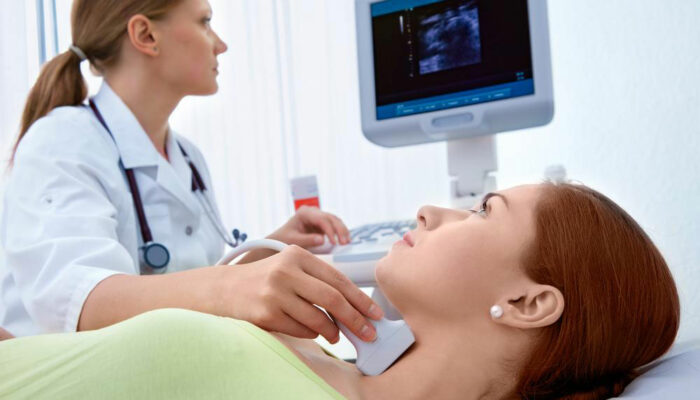
An overview of meningitis and how to deal with it
The three membranes surrounding the brain and spinal cord are called meninges. Swelling and redness in these meninges are what can be called meningitis. This inflammation happens when the fluid next to the meninges gets infected. While some cases require no treatment and get better in a few weeks time, there are cases that need urgent antibiotic treatment. If you or someone close shows signs of meningitis, quick treatment should be given to avoid dire complications.
Capable of being transmitted through sneezing, coughing, and direct contact, bacterial and viral infections are the causes of meningitis in most cases. Apart from these infections, cancers, drug allergies, chemical irritation, and fungi can be some other causes.
Symptoms
The symptoms of viral and bacterial meningitis can vary depending on factors such as age. The symptoms of bacterial meningitis are usually more intense.
Viral meningitis, when it occurs in infants, may cause low appetite, irritability, fever, and sleepiness. In adults, it may lead to headaches, seizures, vomiting, nausea, a stiff neck, and sensitivity to bright lights.
If you suffer from bacterial meningitis, symptoms can include changes in mental status, purple marks on the body resembling bruises, chills, and lethargy.
If you’re experiencing any of the above symptoms, we advise you to visit a doctor at the earliest. Only medical tests conducted by a doctor can determine which type of meningitis you have.
Risk factors
Even though it can affect people leading the healthiest of lives, there are factors that make you more prone to meningitis. These factors are as follows:
- Skipping vaccinations
If you or someone close has left the vaccination process incomplete as a child or as an adult, the risk of getting meningitis is higher. - Age
Viral meningitis is more common in children below the age of five years, while bacterial meningitis has a higher chance of affecting people below 20 years of age. - Community living
In the case of meningococcal meningitis, the bacterium is spread through respiratory means, making it capable of spreading quickly among large groups of people in a living space. These living spaces may include college dormitories, army bases, and other healthcare facilities. - Pregnancy
If pregnant, you may be prone to listeriosis. This is an infection caused by the presence of bacteria called listeria, which may lead to meningitis. This can also increase the chances of miscarriage, premature delivery, and stillbirth. - A weak immune system
Factors affecting your immune system can make you prone to meningitis. These factors include AIDS, alcoholism, diabetes, and the use of drugs.
Complications
If you have meningitis, the longer your disease is left untreated, the higher the risk of complications such as seizures or permanent brain damage goes. Other severe complications of meningitis can include a loss of hearing, difficulty in remembering, gait problems, kidney failures, learning disabilities, shock, and, in some cases, death.
If quick treatment is given, even people suffering from severe meningitis have a chance for recovery.
Prevention
The steps you can take to reduce the chances of getting the disease are as mentioned:
- Washing hands
- Staying healthy
- Covering your mouth and nose while sneezing or coughing
- Eating the right food, especially when pregnant



